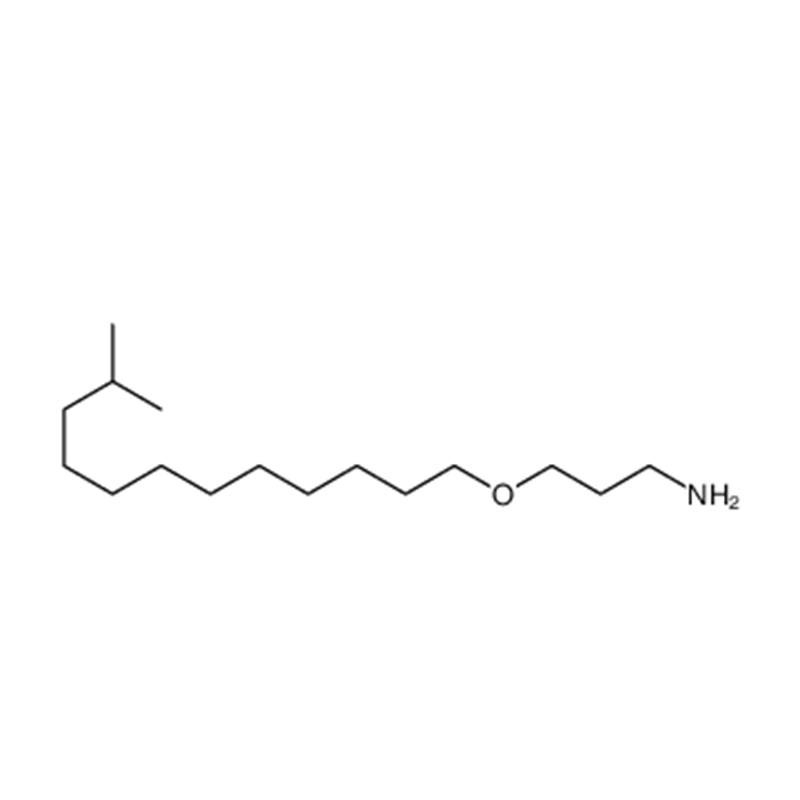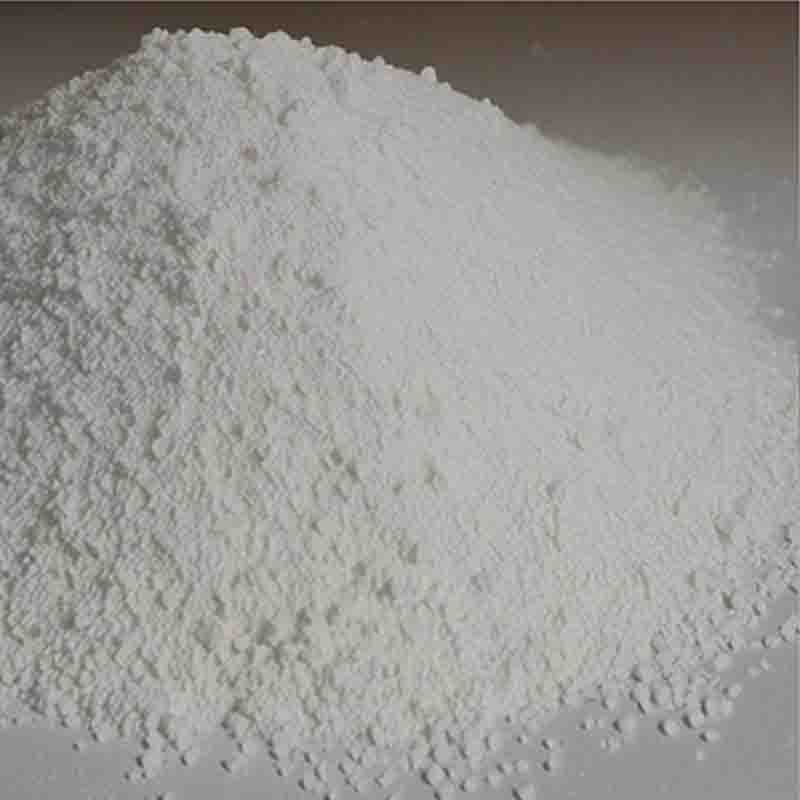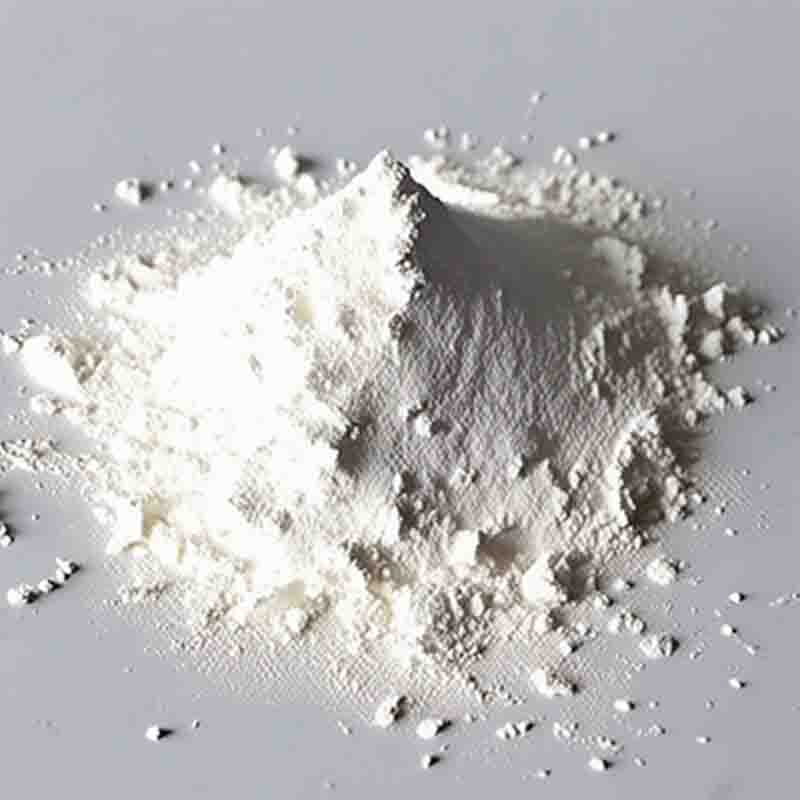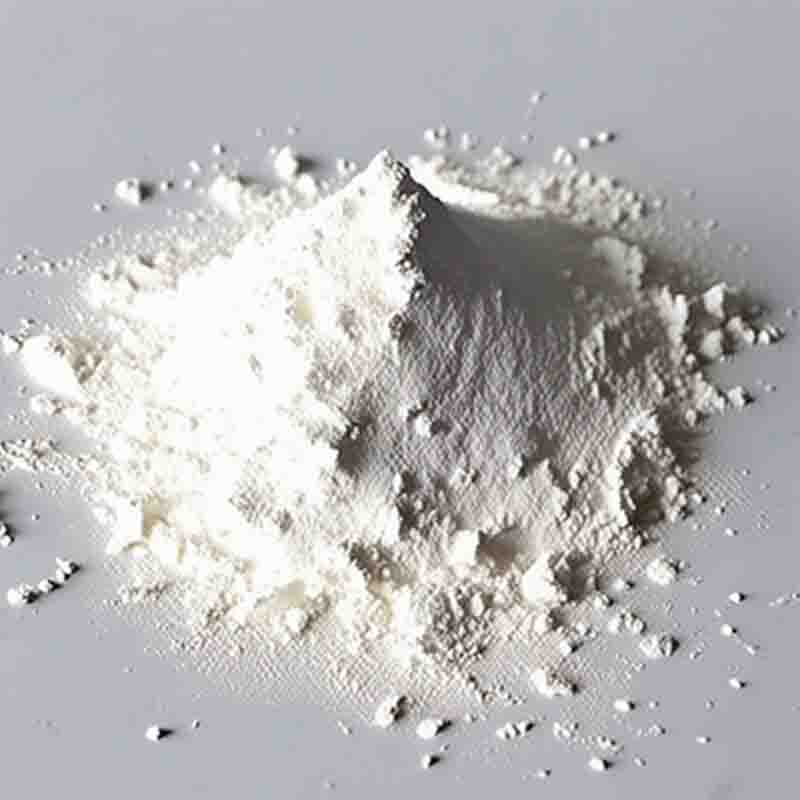1,2,4-Benzenetricarboxylicanhydride CAS:552-30-7
| Catalog Number | XD96452 |
| Product Name | 1,2,4-Benzenetricarboxylicanhydride |
| CAS | 552-30-7 |
| Molecular Formula | C9H4O5 |
| Molecular Weight | 192.13 |
| Storage Details | Ambient |
Product Specification
| Appearance | White powder |
| Assay | 99% min |
1,2,4-Benzenetricarboxylicanhydride, also known as trimellitic anhydride (TMA), is a chemical compound that is widely used in various industrial applications. It is a white crystalline solid that is soluble in organic solvents and is commonly used as a precursor in the production of various polymers and resins.
One of the primary uses of 1,2,4-Benzenetricarboxylicanhydride is in the production of polyester resins. TMA is reacted with glycols to form polyester resins, which are then used in the manufacturing of coatings, adhesives, and composite materials. These resins are known for their high performance and durability, making them suitable for a wide range of industrial applications.
Additionally, TMA is also used in the production of polyimide resins, which are known for their high temperature resistance and electrical insulation properties. These resins are commonly used in the aerospace, electronics, and automotive industries.
Another important application of 1,2,4-Benzenetricarboxylicanhydride is in the production of plasticizers. TMA is reacted with alcohols to produce trimellitate plasticizers, which are used to improve the flexibility and durability of PVC (polyvinyl chloride) products such as vinyl flooring, wire and cable insulation, and automotive interiors.
In addition to its use in the production of polymers and resins, 1,2,4-Benzenetricarboxylicanhydride is also used as a crosslinking agent in the production of epoxy resins. TMA reacts with epoxy resins to form crosslinked networks, which improve the mechanical and thermal properties of the final product.
While 1,2,4-Benzenetricarboxylicanhydride has many industrial applications, it is important to handle this compound with care due to its potential health hazards. Exposure to TMA can cause irritation to the skin, eyes, and respiratory system, and prolonged or repeated exposure may lead to more serious health effects. Therefore, proper safety measures should be taken when handling and using this chemical compound.


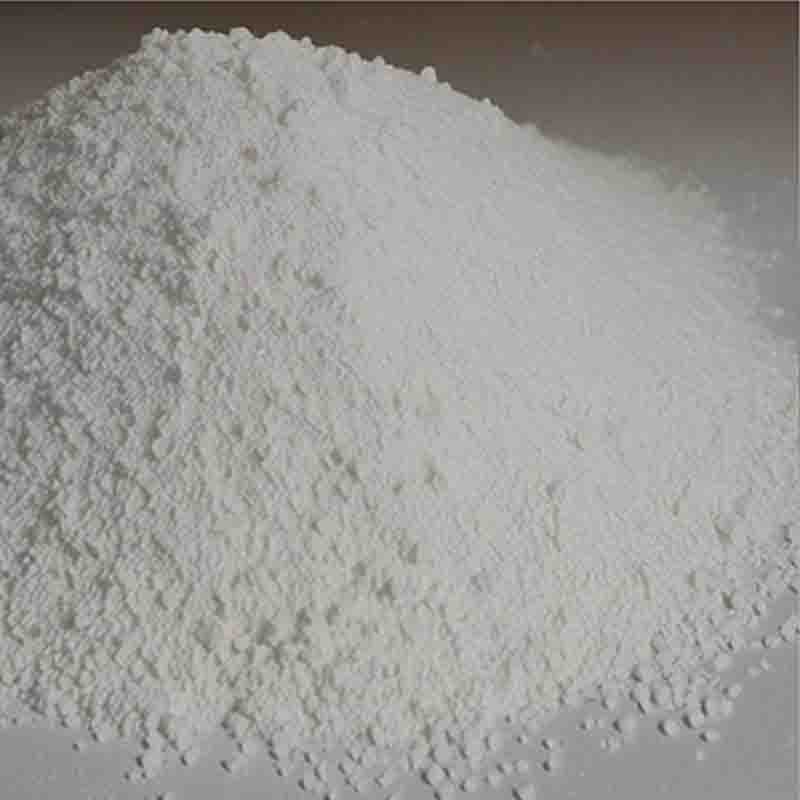

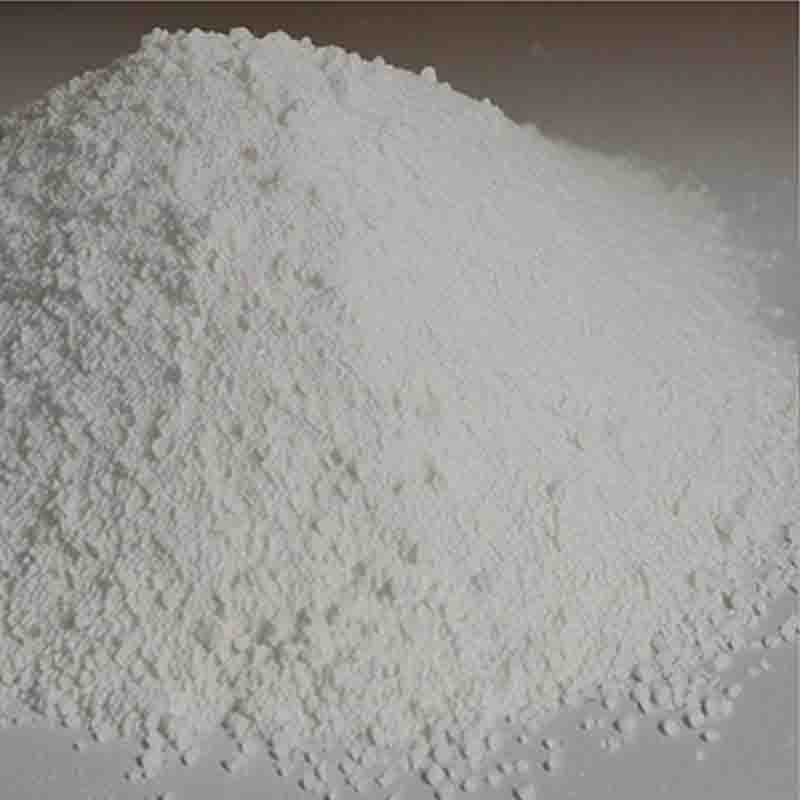
![2-HYDROXY-5-[[(1-METHYL-3-PHENYLPROPYL)AMINO]ACETYL]BENZAMIDEHCl CAS:96441-14-4](https://cdn.globalso.com/xdbiochems/白色粉末1775.jpg)
